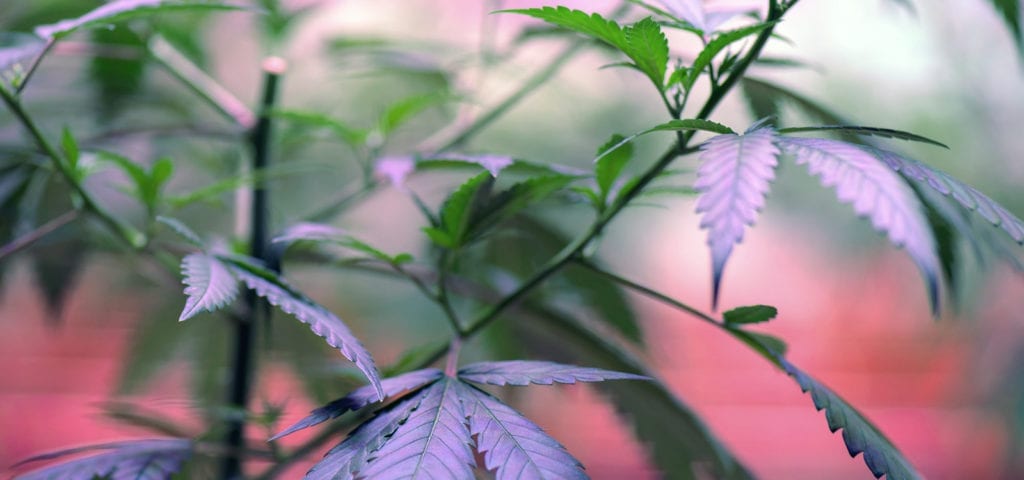California’s Bureau of Cannabis Control (BCC) released a proposal on Friday, July 13 outlining permanent cannabis industry regulations for the state. The 136-page document details every proposed rule for the burgeoning cannabis industry, but the BCC also released a fact sheet summary of industry changes under the proposed regulations.
Industry-wide changes
The proposal’s industry-wide changes include updates to the application process, the licensing process, advertising rules, security measures, and policies for product returns/destruction. Below are listed just some of the changes.
Applications: Temporary licenses will no longer be available after Dec. 31, 2018. Also, the rules outline additional hoops for applicants to jump through, including securing a labor peace agreement and clarification that a company will not “generate significant adverse environmental impact.” Also, new rules will allow for electronic signatures on all documents submitted to the BCC, except for notarized statements.
Licensing: Rule changes here describe which business modifications by a licensee the BCC must be made aware of (such as standard operating procedures, labor peace agreements, the transferring of ownership, etc.). Also clarifies that each licensed premise is required to list a distinct street address, that extra inventory stored at a licensed premise must be locked up in a secure area, that “the bureau may inspect a licensee’s records without prior notice and the licensee must be able to produce records immediately upon request at the licensed premises,” and more.
Advertising: Advertising restrictions have been expanded to ban product giveaways and any marketing material that could be interpreted as appealing to children.
Security: “Limited access area” rules have been extended to all licensees in the industry, not just retailers.
Product returns: Under the proposed changes, cannabis waste cannot be transferred, donated, sold, or given away.
License-specific changes
There are also changes affecting specifically distributors, retailers, testing labs, cannabis-themed events, and cannabis microbusinesses. Some of the more important rules are specified below.
Distributors: Clarifies that distributors cannot carry live plants/clones or package pre-rolls. Also, cannabis batches could only be transported to producers or retailers once it has passed testing and the new rules would require “licensed distributors [to] have a completed sales invoice or receipt before transporting cannabis goods.”
Retailers: Exit packaging must be opaque, resealable, and child-resistant. Also, the proposal would allow a retailer with multiple retailer licenses to transfer goods from one licensed retail premise to another — but a licensed distributor must conduct the transport of the cannabis goods.
Testing labs: Many changes here, including — but not limited to — a new set of rules for the transportation of cannabis samples and modifications to the data package requirement to “require a data package for every sample instead of every batch.” Also, under the proposal, a failed batch could only be retested once it has undergone remediation.
Events: New rules for cannabis events will require organizers to “provide a more detailed premises diagram indicating where each licensed retailer will be located, where cannabis consumption will occur, and where cannabis sales will occur.” The proposal also “limits licensed retailers to selling cannabis goods in their designated area.”
Microbusinesses: Mostly clarifications that industry-wide regulations affect microbusiness applicants, as well, including environmental impacts.
Cannabis became legal for adult use in California on January 1; the latest set of emergency rules took effect on July 1.
California is the world’s largest legal adult-use cannabis marketplace.
Get daily cannabis business news updates. Subscribe
End
